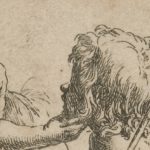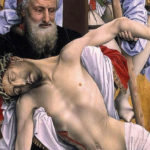
To be persons of understanding we need to have a fair and honest share of acceptance, patience and humility that point to openness strong enough to hold convictions and life directions while honestly offering goodwill to those in opposition to our beliefs and actions. This pattern is well illustrated in Moses, straightforward with Pharaoh, in a civil exchange, and waiting out the program of God that would free the people. Moses, brought up in a royal household, never lost the fact he was a son of Israel. At an appropriate time he wanted to address the matter of the slavery and suffering of his first people. He did what he set out to do gaining support even of lay Egyptians…. Read more





